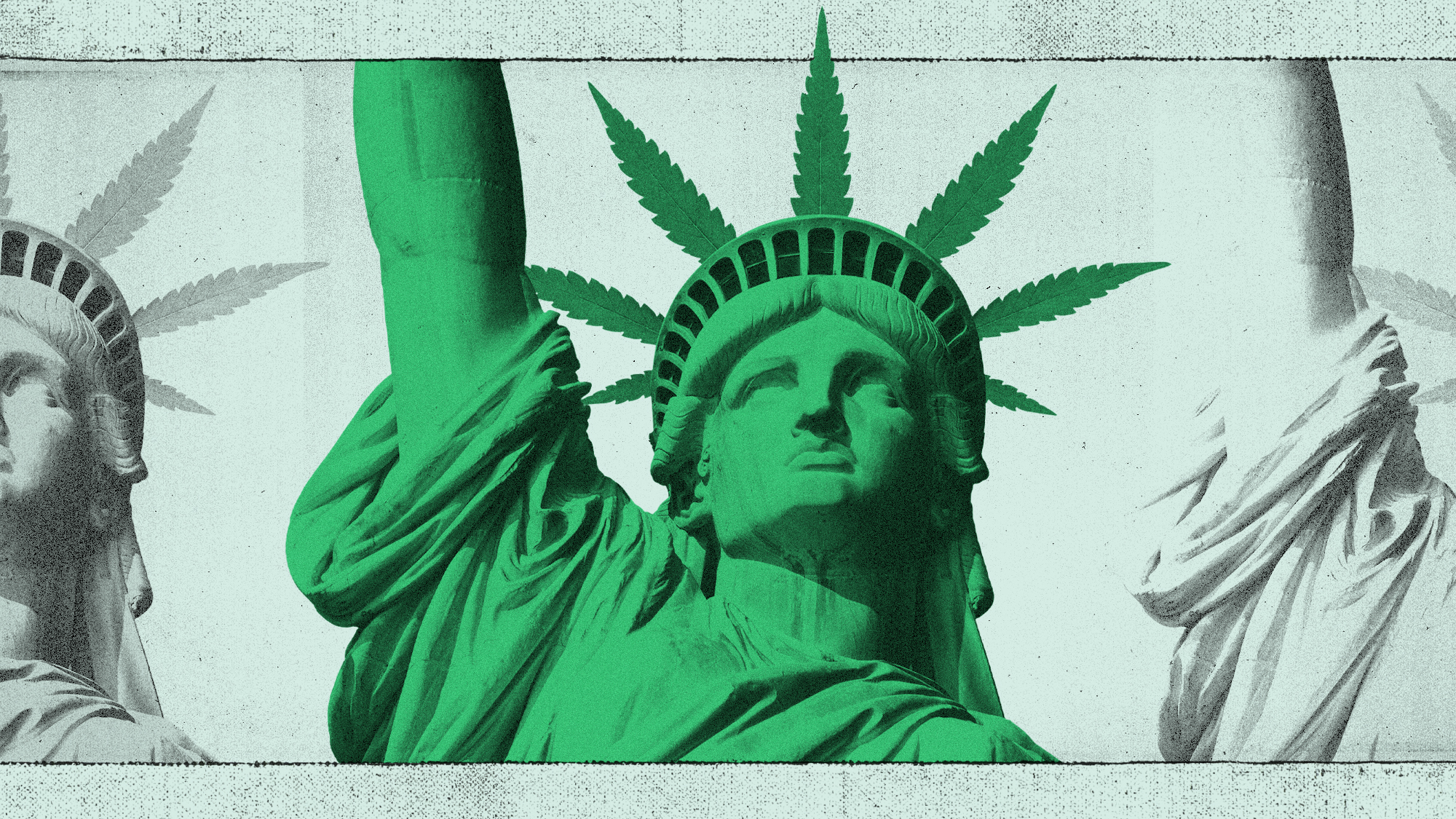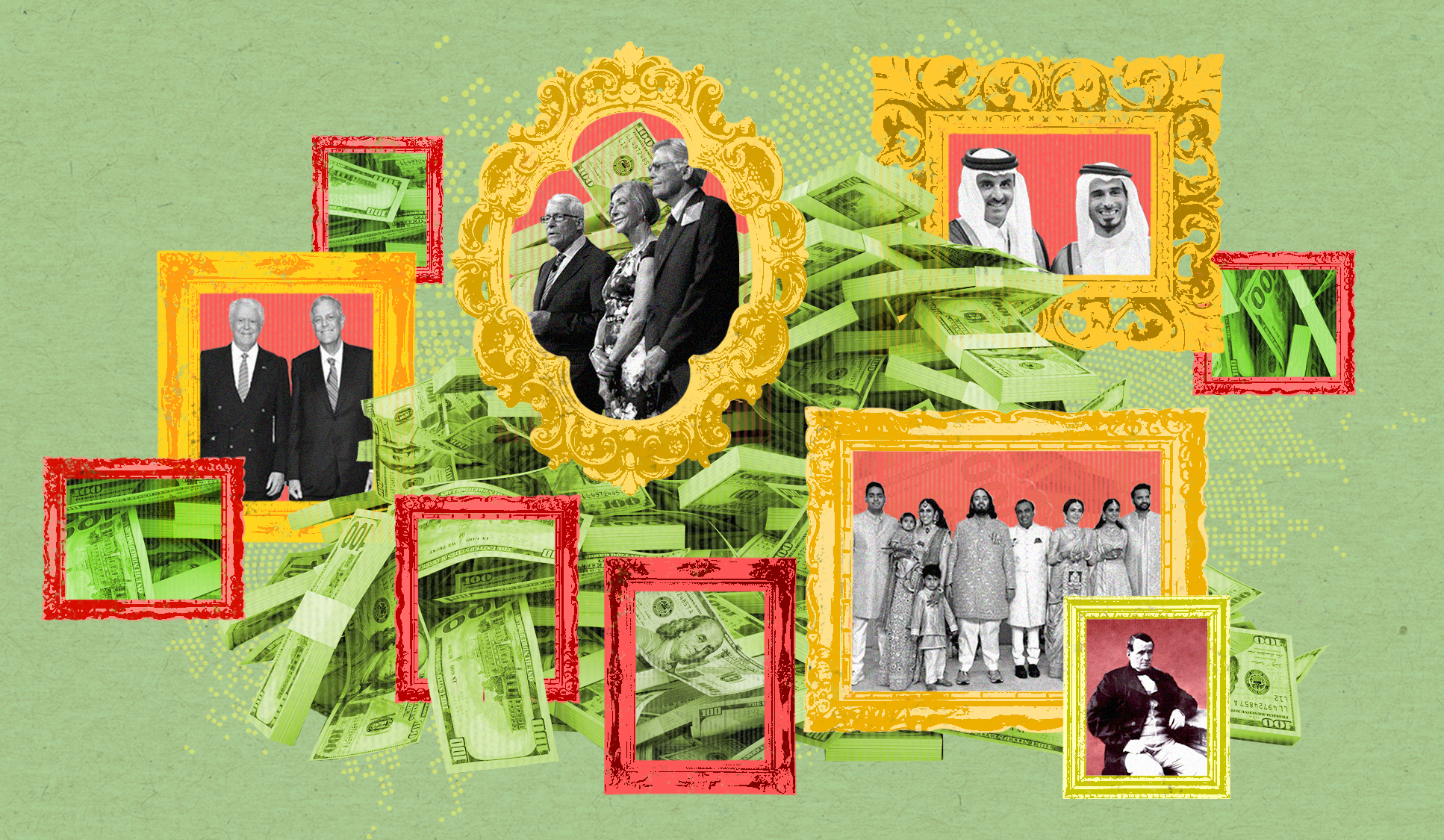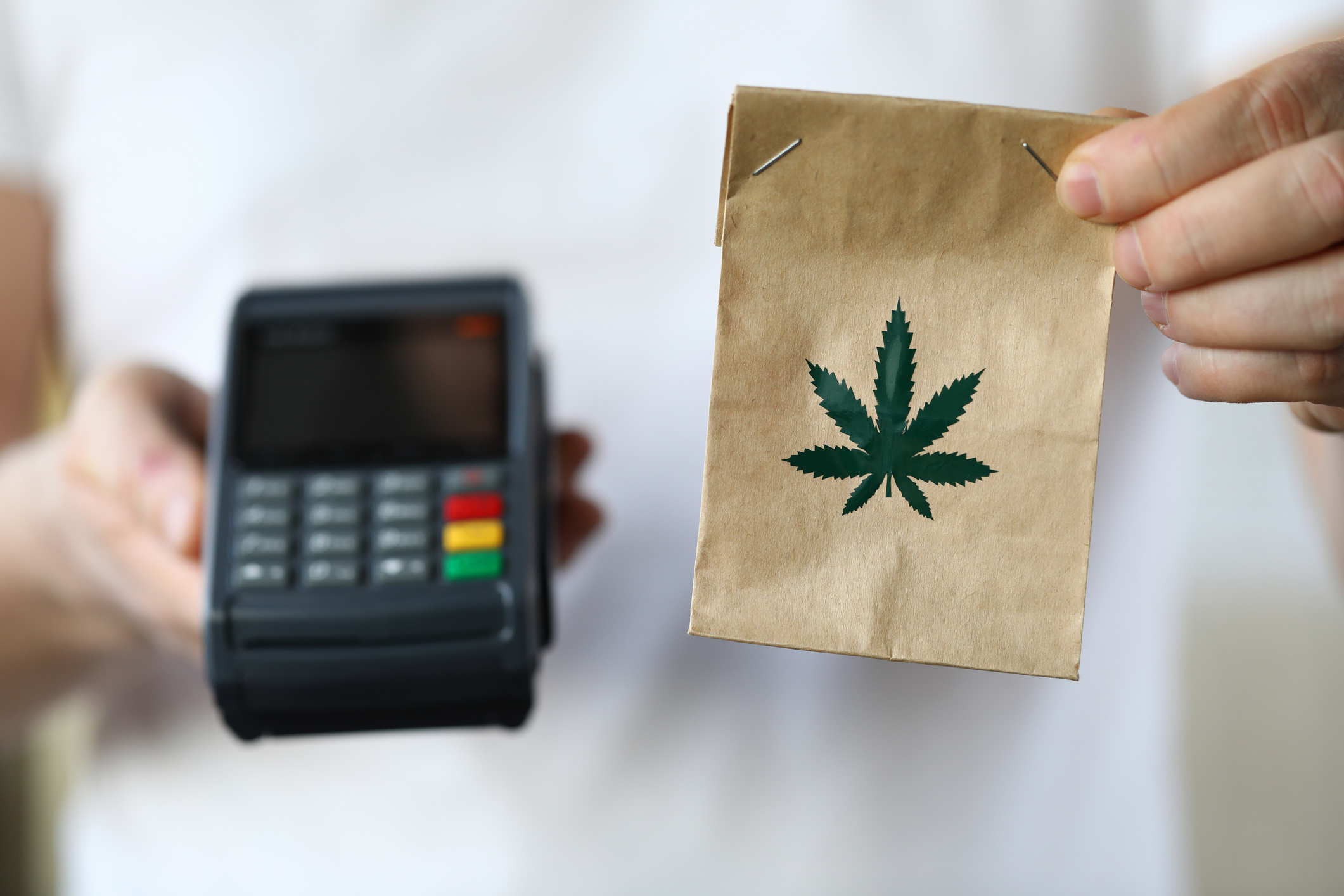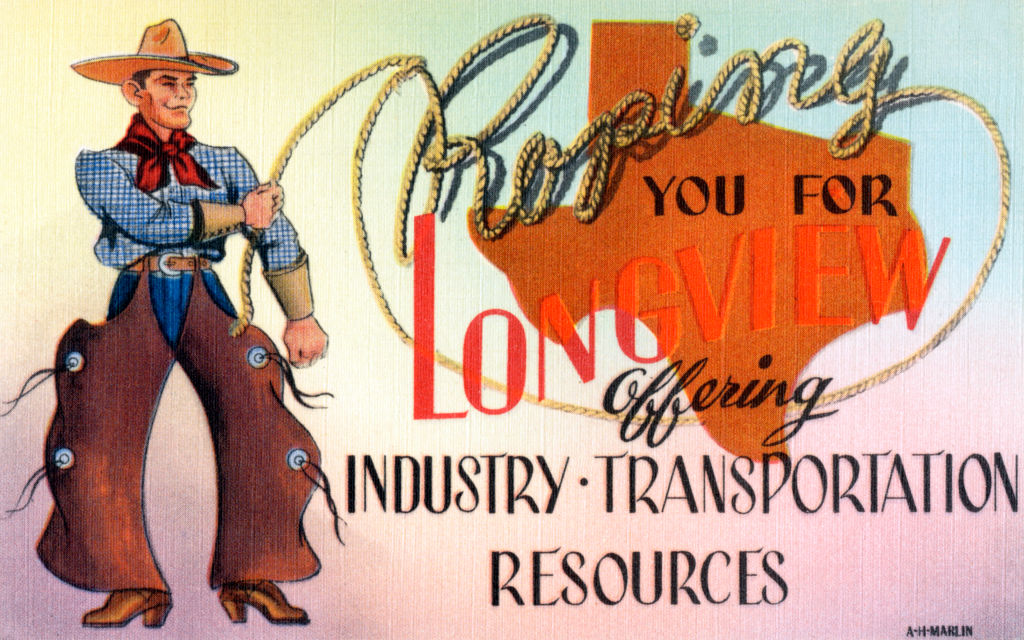How New York's legal cannabis rollout ended up in the weeds
And many of the state's promises to social equity applicants went up in smoke


A free daily email with the biggest news stories of the day – and the best features from TheWeek.com
You are now subscribed
Your newsletter sign-up was successful
The end of March will mark three years since New York became one of the states that legalized recreational cannabis use. When the state announced it was putting social equity at the center of its cannabis plans, many insiders and activists praised the state's prioritization of people whom the war on drugs had unfairly targeted. However, the program that was expected to usher in a more equitable cannabis market has floundered, leaving some of its most vulnerable potential cannapaneurs behind. How did New York end up dropping the ball with its legal cannabis market?
Legal weed as reparations
New York State legalized adult-use, or recreational, cannabis on March 31, 2021, when it passed the Marijuana Regulation & Taxation Act (MRTA), a law that "would have seemed unthinkable just a short while before," Jia Tolentino said in The New Yorker. At the time, former governor Andrew Cuomo had been "pushed left on the issue during a primary challenge from Cynthia Nixon," said Tolentino. He was "knee-deep in multiple scandals" after his reelection and pliable. Besides making cannabis legal for adults, the law would also allocate 40% of cannabis-related tax revenue to communities disproportionately affected by marijuana arrests. It also set the lofty goal of awarding half of all licenses to "social and economic equity" applicants, including "women, people of color, service-disabled veterans, distressed farmers and residents of those overpoliced communities," Tolentino said. The idea behind CAURD (Conditional Adult Use Retail Dispensary) was simple: legal weed as reparations.
It can cost millions to open a dispensary, and the drug still being illegal on the federal level presents unique barriers for potential business owners. Some marginalized groups not being able to apply for a typical bank loan makes securing funding for new businesses even harder. The CAURD program was meant to help licensees by providing renovated locations for dispensaries and access to a $250 million loan fund. The MRTA was designed to "stave off corporate capture" and provide opportunities for those without access to other venture capital funding. New York required companies already dominating the medical marijuana market to wait three years before entering the recreational market, unlike other states that gave similar companies immediate business opportunities.
The Week
Escape your echo chamber. Get the facts behind the news, plus analysis from multiple perspectives.

Sign up for The Week's Free Newsletters
From our morning news briefing to a weekly Good News Newsletter, get the best of The Week delivered directly to your inbox.
From our morning news briefing to a weekly Good News Newsletter, get the best of The Week delivered directly to your inbox.
Tolentino said Office of Cannabis Management (OCM) employees likened their work implementing the state's new cannabis programs to "building a plane while trying to fly it." Similar social equity programs had flopped elsewhere, so industry eyes were on New York. If the OCM successfully built a profitable industry rooted in social equity, it could shift the trajectory of national legalization. If it failed, some could see it as a "death knell for social justice having anything to do with legal weed," Tolentino said.
Why the rollout was labeled a disaster
The eventual rollout of New York's cannabis program was beleaguered by delays caused by lawsuits and the proliferation of illegal cannabis retailers. The unmissable pungent aroma of cannabis wafts from both corner stores and shiny Apple Store-esque businesses across New York City. You might assume that means New York City has a thriving legal cannabis business. But Gov. Kathy Hochul's (D) recent remarks to The Buffalo News editorial board slamming MRTA's implementation as a "disaster" and "insane" underline the unfortunate reality of the state of the industry three years later.
About 900 people applied for CAURD licenses during the first round of applications. But only three dozen applications were approved when the OCM announced the debut collection of authorized retailers in November 2022. According to The New York Times, there were supposed to be over 150 licensed dispensaries in the state by the summer of 2023. As of today, there are only 80 legal dispensaries open to the public, and some of them only offer delivery.
Several factors contributed to the CAURD program's delays. Some people went to court seeking "restraining orders on the CAURD licenses," an issue that became a "huge problem" for the rollout, Lorraine Collins, director of the Center for Cannabis and Cannabinoid Research at the University at Buffalo, said in an interview with Curbed. Last summer, one such lawsuit filed by military veterans led a New York State Supreme Court judge to put a restraining order on licenses, causing months of delays for the OCM. The process was also complicated by having an opt-in or opt-out clause in the law for cities, towns, and villages throughout the state.
A free daily email with the biggest news stories of the day – and the best features from TheWeek.com
The stall in opening dispensaries hurt those with cultivator licenses, who now have no market because "if you grow it in New York, legally, you're not supposed to sell it elsewhere," Collins said.
Amid the delays, New York City has become overrun with an estimated "thousands of unlicensed smoke shops," said The City, though with little oversight, "the exact number remains unclear." The unlicensed shops can be "cheap and easy to set up," and unlike their licensed counterparts, they do not have to pay state taxes, "which means their weed is often cheaper." Many of the shops circumvent regulations by operating as private membership clubs where pot isn't sold outright but gifted to members. Others look like your average bodegas. In a collaborative effort with New York Magazine, The City counted at least 34 unlicensed stores selling cannabis on the Lower East Side, all within a few blocks of the area's only approved retailer.
Opening the floodgates to Big Cannabis
Hochul told the Buffalo News that the law was doomed from the start because it was "crafted in a way that was not poised for success" and lacked the teeth to keep the illegal market from booming. She also said it was a bad idea to have the Dormitory Authority of the State of New York, which usually focuses on construction and financing, be in charge of finding locations for retail shops promised to CAURD applicants because it was "not their forte."
"There's a strong part of me that would just like to go in and just start over," she said, though she acknowledged that doing so is unlikely. Instead, she plans to ask the NY Legislature to add strict fines for selling without a license. "The Legislature needs to increase the penalties, and I've tried. I'll try again," she said.
The next phase of license-granting has begun after the state's Cannabis Control Board voted in October to expand access to the application to the general public, as well as large multistate manufacturers and medical companies for retail, cultivation, processing and distribution, reversing the original plan to have these types of businesses wait three years before entering the space. With more than 400 CAURD licensees still waiting to open their dispensaries, the prospect of larger corporations coming in casts a cloud. These businesses will likely go in and "overwhelm the smaller retail outlets with the variety of products and the competitive pricing," creating an "uneven playing field," Collins said in her Curbed interview. Rural areas or small towns in the state might be disregarded, but in the five boroughs. "the Big Cannabis industry is just drooling, waiting to get in."
Theara Coleman has worked as a staff writer at The Week since September 2022. She frequently writes about technology, education, literature and general news. She was previously a contributing writer and assistant editor at Honeysuckle Magazine, where she covered racial politics and cannabis industry news.
-
 The ‘ravenous’ demand for Cornish minerals
The ‘ravenous’ demand for Cornish mineralsUnder the Radar Growing need for critical minerals to power tech has intensified ‘appetite’ for lithium, which could be a ‘huge boon’ for local economy
-
 Why are election experts taking Trump’s midterm threats seriously?
Why are election experts taking Trump’s midterm threats seriously?IN THE SPOTLIGHT As the president muses about polling place deployments and a centralized electoral system aimed at one-party control, lawmakers are taking this administration at its word
-
 ‘Restaurateurs have become millionaires’
‘Restaurateurs have become millionaires’Instant Opinion Opinion, comment and editorials of the day
-
 The world's 10 richest families
The world's 10 richest familiesIn Depth Luxury retailers, hereditary monarchs and the heirs to the Walmart fortune dominate the list of the world's wealthiest clans
-
 What's Jeff Bezos' net worth?
What's Jeff Bezos' net worth?In Depth The Amazon tycoon and third richest person in the world made his fortune pioneering online retail
-
 California's homelessness crisis just can't catch a break
California's homelessness crisis just can't catch a breakIn depth Recent data dispels a widespread theory for who's to blame
-
 How synthetic diamonds are upending the industry's status quo
How synthetic diamonds are upending the industry's status quoIn Depth Lab-grown diamonds are causing changes in a business that is already under heavy scrutiny
-
 The Bob Iger saga and Disney's next era
The Bob Iger saga and Disney's next eraIn Depth Who could eventually replace the controversial head of the Mouse House?
-
 What Trump's New York fraud conviction means for his business empire
What Trump's New York fraud conviction means for his business empireSpeed Read A New York judge has ordered many of Trump's companies to be placed into receivership and dissolved, but questions remain
-
 Cannabis payment options diminish
Cannabis payment options diminishfeature And more of the week's best financial insight
-
 Has Texas lost its pro-business mojo?
Has Texas lost its pro-business mojo?In Depth The state has dropped out of the top five in a ranking of the best states for business. Is it politics?
